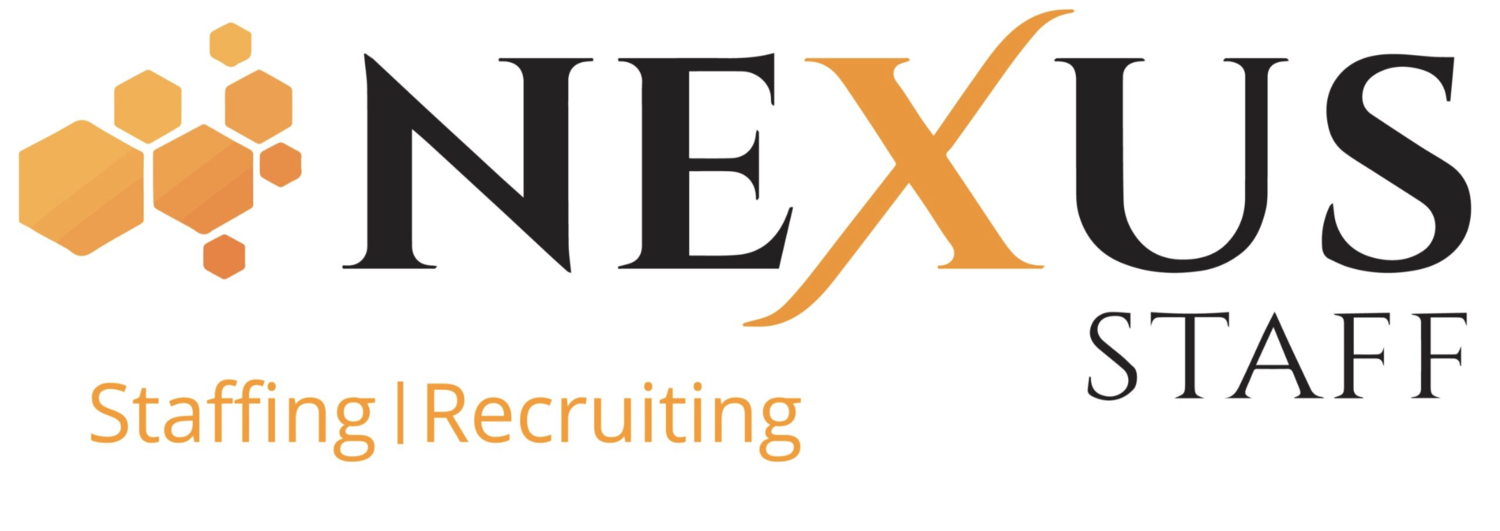Eight Tips For Finding A Job With Little Or No Experience
Getting started in your career with little experience is not impossible. After all, everyone has to start somewhere.… The question is, where do you start?! Try these eight tips below for coming off as a strong candidate, despite your limited experience.
Network
Reach out to the people you know with similar jobs or in the field you’re searching for. Learn more about their experiences, advice that they have, and of course – if they know of any specific job openings you can apply to. While networking may be uncomfortable at first, it can be just what you need to get started in navigating your job search.
Use your cover letter to share your story
Your cover letter is your opportunity to add a personal touch to your application that highlights your accomplishments and explains why you would be the ideal candidate for a role. Unlike a resume, a cover letter isn’t to simply list your past experiences. This means you can use your cover letter to explain your passion for the job you’re applying to or the skills you’ve gathered outside of the workplace that are related to the role.
Volunteer
Trying to find a job with little or no experience, but needing experience to land a role in the first place can seem like a problem with no solution. Rather than applying to role after role with no luck, consider volunteering in order to gain valuable experience that can be added to your resume or help you expand your network. Even if the exact organization or field you had your eye on does not have any opportunities available at the moment, volunteering can supply you with transferable skills that can be used in any industry.
Highlight your soft skills
Soft skills are not industry-specific and they can’t necessarily be taught. Instead, soft skills are the abilities an individual has because of his or her personality or work ethic (i.e. communication, problem-solving, organization, teamwork, etc.). While these skills can certainly be strengthened in the workplace, they’re also utilized in everyday situations such as being part of a sports team or other extracurricular activities and hobbies. Throughout your job search and the interview process, be sure to examine how these skills have brought you to where you are today, even if it means outside of the workplace.
Don’t undersell the experience you do have
While you’re just getting started in your career, steer away from the idea that you need a certain type of experience to get started. Of course for established positions you will be required to have a certain amount of experience, but for most entry-level positions, not having line after line on your resume filled with relevant experience isn’t the end of the world. Take a look at the experience that you do have and see how you can apply it to the new roles you’re applying to. Did you work part-time at a local restaurant throughout earning your degree? Hold a summer job babysitting for the family next door? No experience is too small, even if the work itself doesn’t initially seem directly related to your dream role.
Create your own work samples
Applying to jobs without experience or tangible work samples to show for yourself can be intimidating. Rather than simply stating you don’t have experience on your application, take matters into your own hands and make projects of your own! This is especially helpful in creative fields where portfolios may be required. Try redoing an existing company’s website or give their social media pages a makeover. Write your own blog posts or articles on topics you're passionate about. Just make sure to include some context on the work, explaining that although your abilities are real, the projects or “clients” you worked with were fictional.
Upskill with the resources you have
Spend time upskilling to the best of your ability rather than dwelling on your lack of experience. Brush up your existing skills or learn about new topics in your field to expand your expertise. If you have the time and resources available to earn a degree or go back to school, take advantage of this. Other options include completing career certifications or utilizing online resources such as Hubspot Academy or LinkedIn Learning that offer hundreds of options for virtual courses and lessons – some completely free of cost! Whatever option best suits you, taking time to learn more about your desired field shows your dedication and commitment to expanding your expertise.
Work with a recruiter
Searching for a new role can be a frustrating process. Add in a lack of experience, and the job search can seem even more difficult. If you’re not sure where to begin, consider partnering with a professional staffing firm that works to understand your goals. At Nexus, our team of recruitment experts is trained to find you a role that perfectly aligns with your skills and interests. Contact us today to learn more or check out our available jobs here.






